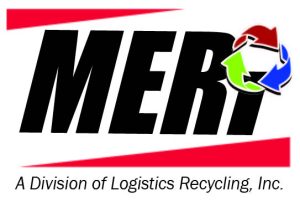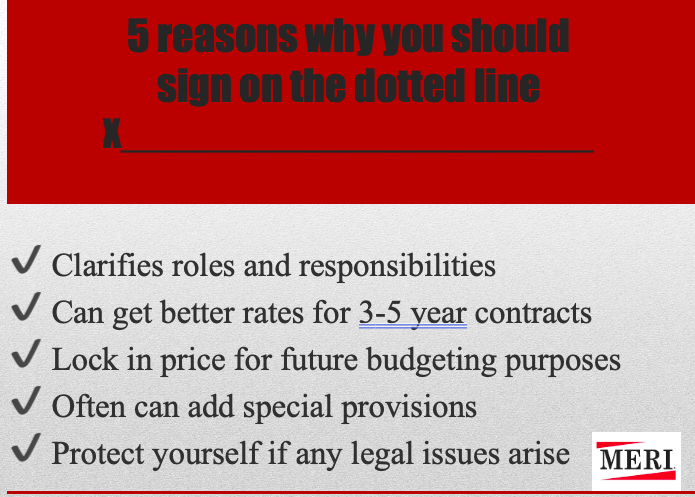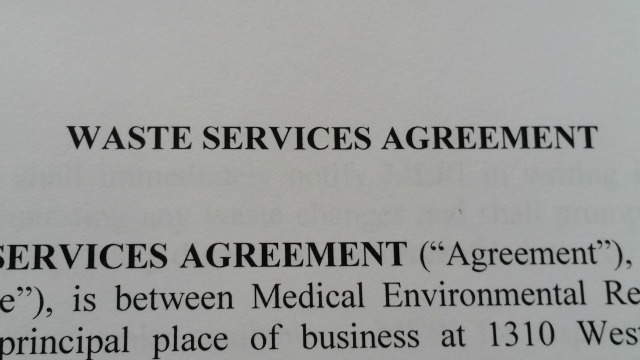When someone calls to check out our medical or biohazard disposal services, they immediately ask, “What’s it going to cost?” That depends on a couple of answers. Specifically, it depends on things like what, and how much, material we are going to collect. Is it infectious waste? Hazardous chemicals? Also, how often do we need to collect it?
Inevitably, the discussion always leads to whether it is necessary to have a waste service agreement or medical waste contract. Or, if either of these need to be in hand for the work to be done. The short answer is YES.
Here’s the longer answer: Signing a waste service agreement or medical waste contract clearly defines the scope of service. It also outlines who is doing what. It protects you legally. And, it identifies the type of liabilities and insurance protection you’ll have in case an accident should ever occur.
Those who’ve gone through a waste audit will attest that having a signed contract available for viewing also helps to answer a lot of questions that may arise.
Most importantly, a contract protects you on the price you’ll ultimately pay. It clearly states how much you will owe over the life of the contract. For agreements that have a longer term, you can lock in a price for future budgeting. This will help to negate any surprise increases.
Key Features of A Medical Waste Contract
A contract with MERI for the pick up of biohazard, infectious or medical waste outlines several items. These include:
- Date of the original agreement
- Location of where to collect the material
- Agent letter giving MERI permission to sign for the material if the company’s representative is not available
- Payment terms and conditions and length of the contract
- Regulatory compliance issues that will be covered
- Customer warranties
- Explanation of how the contract can end
Many of the above items are known as terms and conditions. Sometimes, They can be found on a purchase order that some companies provide when requesting services from us. When we sign the purchase order, we must follow our customer’s contractual conditions.
It’s good business to communicate roles and responsibilities on paper. And, to protect yourself and the facility. A contract, signed by both parties, helps to do this.





